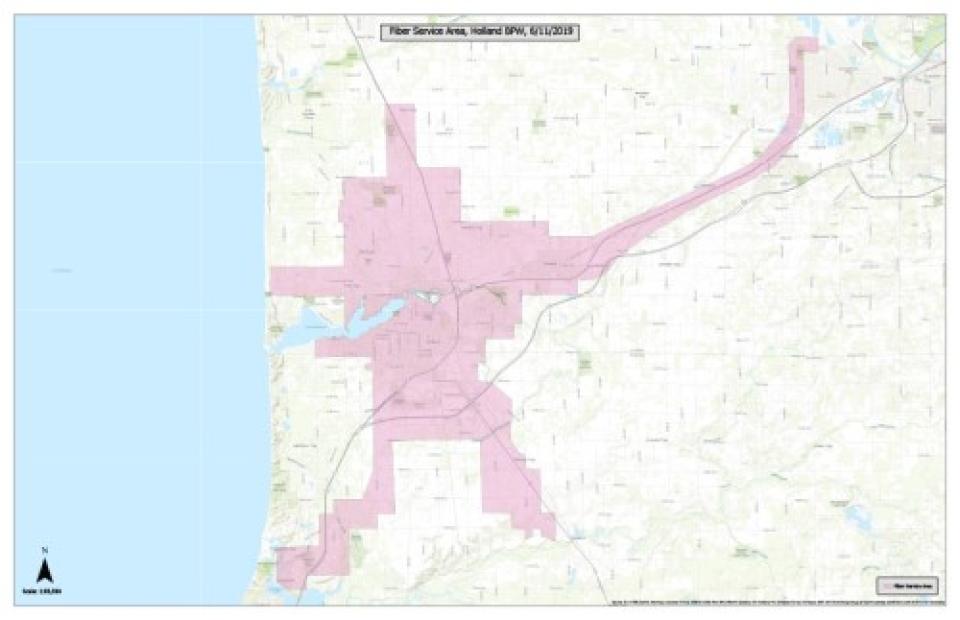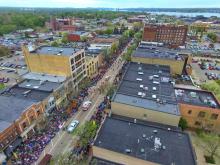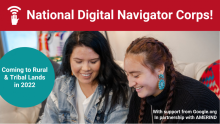Holland, Michigan Votes to Build Citywide Open Access Fiber Network
In early August, the city of Holland, Michigan (pop. 33,000) voted to fund the construction of a citywide, open access fiber-to-the-home (FTTH) network. It’s the culmination of almost a decade of consideration, education, planning, and success, and builds on decades of work by the Holland Board of Public Works (HBPW) and city officials to build and maintain resilient essential infrastructure for its citizens. It also signals the work the community has done to listen to local residents, community anchor institutions, and the business owners in pushing for an investment that will benefit every premises equally and ensure fast, affordable Internet access is universally available for decades down the road.
In the Works

Holland has been formally exploring the need for better local connectivity since before 2016. It has been aided in this effort by the fact that the Holland Board of Public Works (HBPW), which already provides electricity, water, and waste water services, has been maintaining a small institutional fiber network that it first installed in 1992 (see current coverage in map, right, current as of May 2019).



